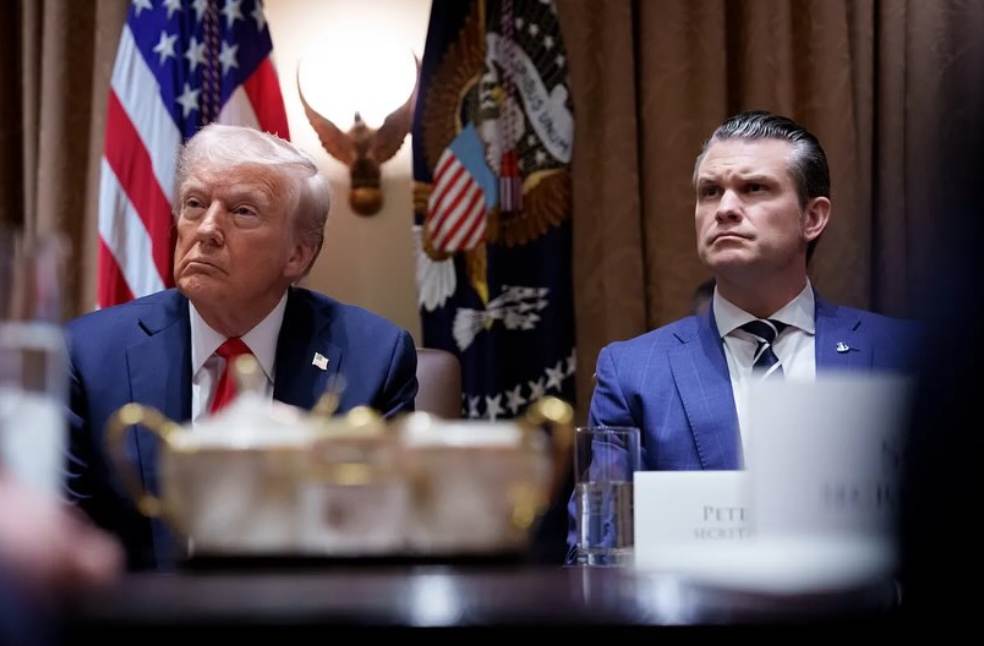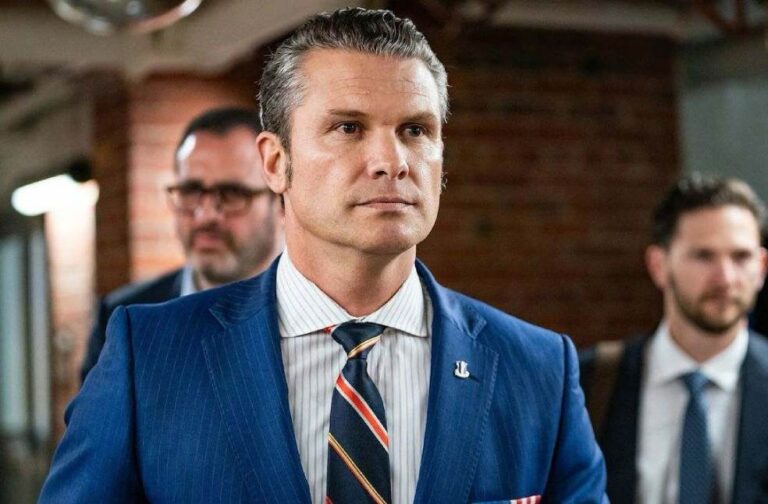United States: The US secretary of defence, Pete Hegseth, has called on Asian allies to significantly increase their defence budgets to deter what he described as a rapidly escalating threat from China, which he said is rehearsing for the real deal in its ambitions to take over Taiwan.
Speaking at the Shangri-La Dialogue in Singapore, Hegseth reaffirmed the United States’ responsibility to deepen its presence and partnerships in the Indo-Pacific region. He unveiled new initiatives including enhanced repair capabilities for military aircraft and naval vessels, with projects underway in Australia.
Hegseth stated that, “US allies in the Indo-Pacific can and should upgrade their defences. Beijing is credibly preparing to potentially use military force to alter the balance of power in the Indo-Pacific. There’s no reason to sugar coat it—the threat China poses is real, and it could be imminent.”
Hegseth drew parallels with the Trump administration’s past efforts to push European NATO members to raise military expenditure, stating that Asian nations must now take on a greater share of regional security responsibilities. In a nod to earlier private comments where he criticised European countries as pathetic and freeloading, Hegseth told the conference it was ‘hard to believe’ he now pointed to them as a model.

Hegseth warned that, “Deterrence doesn’t come on the cheap. Time is of the essence.” His remarks coincided with a new report from the International Institute for Strategic Studies (IISS), which found that defence spending across Asia is already rising sharply, despite averaging just 1.5 percent of GDP in recent years.
The defence secretary added that shifting European focus to the Russia-Ukraine war now allows the US to prioritise the Indo-Pacific as its priority theatre. Hegseth remarked that, “We’re not here to preach about climate change or cultural issues. We do not seek conflict with Communist China, but we will not be pushed out of this critical region.”
Notably, he criticised the absence of a senior Chinese official at the annual security summit, stating that, “We are here this morning and, notably, someone else isn’t.” He also responded to French President Emmanuel Macron’s comments a day earlier suggesting waning confidence in US defence commitments.
As part of upcoming joint operations, Hegseth announced the US would conduct the first live-fire test of its mid-range missile capability in Australia and expand maintenance cooperation for P-8 radar systems and ship repair across the region.
The speech echoed key themes from Trump’s foreign policy playbook, including heightened defence spending, $1 trillion next year and renewed emphasis on securing the US border and reasserting influence in regions like the Panama Canal.
However, US Democratic senator Tammy Duckworth, who is leading a bipartisan delegation to the region, criticised Hegseth’s rhetoric, calling it patronising to Indo-Pacific partners.



